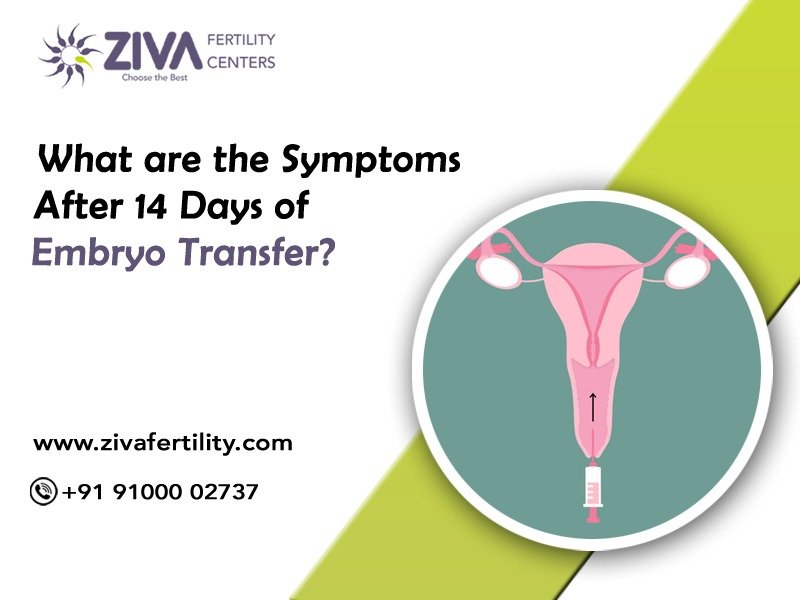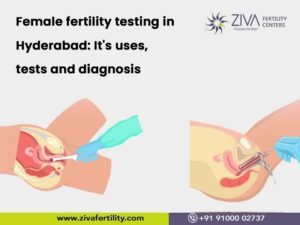In the entire IVF cycle, an embryo transfer is the final and much-awaited procedure, after which there is a great chance of a woman getting pregnant. After weeks of fertility medication, egg retrieval, sperm collection, lab fertilization, and embryo growth, this is the last leg. Embryo transfer brings out so many emotions, excitement, and hope over the possibility of becoming pregnant. Frozen embryo transfer is just as effective as fresh ones, and it has been found that frozen embryos offer improved success rates. This is because, during a frozen transfer, the woman’s hormones and biology settle down from the effects of the fertility medications given for egg retrieval. After a successful embryo transfer, what does the woman experience? Let us explore that in this detailed blog.
Understand embryo transfer in a nutshell
A frozen embryo transfer is a simple procedure. A catheter filled with pre-determined embryos is passed via the cervix into your uterus. Ultrasound guides the whole process. The ultrasound gives the doctor additional visibility of the perfect placement for the catheter, which increases your comfort. The only sensation you will feel is mild cramping. After a successful transfer, you need to lie down for an hour on your back and relax. This is a minimally invasive procedure, and the entire process, including the rest, takes over 2 to 4 hours.
We at ZIVA fertility center will provide you with detailed instructions and fix your review appointments. We will also prepare you to take care of yourself during the days leading up to the post-embryo transfer pregnancy test. You can rest on the procedure day and resume activity the next day. Progesterone may be suggested to patients for additional reassurance of a healthy pregnancy.
When to take a pregnancy test after your IVF-FET?
A few days after the embryo transfer, one might become tempted to take the pregnancy test. It is highly recommended that you wait, typically for two weeks, after your IVF frozen embryo transfer. You can expect accurate results after 14days. Taking a test earlier might make you unnecessarily disappointed and anxious. The hormone that determines pregnancy, known as hCG, varies depending on your current phase within your fertility journey. It takes around 14 days for this hormone to be produced sufficiently to get picked up in the test kit.
14 days Symptoms after an Embryo Transfer
You will see menstruation-like symptoms between your frozen embryo transfer and a pregnancy test during the two weeks. But it is not mandatory that everyone experiences these symptoms, don’t worry if you don’t experience any symptoms.
Light spotting or bleeding – Light spotting is the first sign of pregnancy. If there is a spot on your underwear or the toilet paper after wiping, FET was successful, and the implantation was successful. Some see bleeding as a cause for concern, but this is normal. You can always contact us at the ZIVA fertility center in case you feel alarming. Spotting also occurs due to hormone medications like progesterone during the 2 weeks.
Cramping and pelvic pain – Though cramping occurs before and during a menstrual cycle, pelvic discomfort can also indicate that the embryo transfer procedure was successful. During the two-week wait period, pelvic discomfort and cramping can be due to progesterone and fertility medications.
Fatigue and tiredness – Feeling tired and sleepy is a normal part of pregnancy and is especially true when fertility medication is used. During the whole IVF process, progesterone levels increase, which causes extra fatigue. Hence, during the 2-week wait, make sure to get plenty of rest.
Tender, sore breasts – Tender and sensitive breasts could indicate a positive embryo transfer.
Nausea – Women experience morning sickness or nausea only in the second month of pregnancy, hence do not expect it during the 2-week wait after a fresh or frozen embryo transfer. But if you experience vomiting or nausea during these two weeks, please consult your reproductive endocrinologist.
Increased need to pee – frequently visiting the bathroom is an early sign of pregnancy, and it may be due to increased levels of pregnancy hormone hCG or progesterone spikes. After a successful embryo transfer, frequent urination is due to extra blood in your body. Don’t hesitate to contact your fertility doctor if you’re experiencing painful urination, bleeding, fever, or vomiting.
Changes in vaginal discharge – Look out for white, slightly odours vaginal discharge following the seven days after your embryo transfer. This indicates that you’re pregnant! But visit your doctor if you’re experiencing itching, burning, discharge, or even yeast infections.
Missed periods – Another indication of a successful pregnancy is missed, menstrual cycle, especially if you are otherwise consistent. This may indicate that you can take a pregnancy test and reach out to your fertility clinic.
No symptoms after your embryo transfer – Do not worry. It has been observed that 10 to 15% of women don’t have symptoms following their embryo transfer.
At ZIVA Fertility centers, we are with you throughout the journey. We understand that the two-week wait period is one of the most crucial and most anxious ones. But we will tell you every small thing you should know and prepare you beforehand. So reach us today or visit our website https://zivafertility.com/ or reach us at +91-9100002737, +91-9392834024.
















